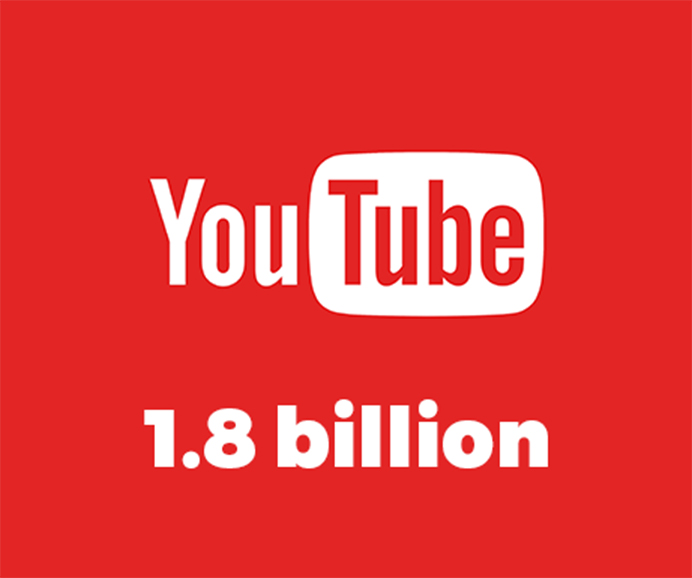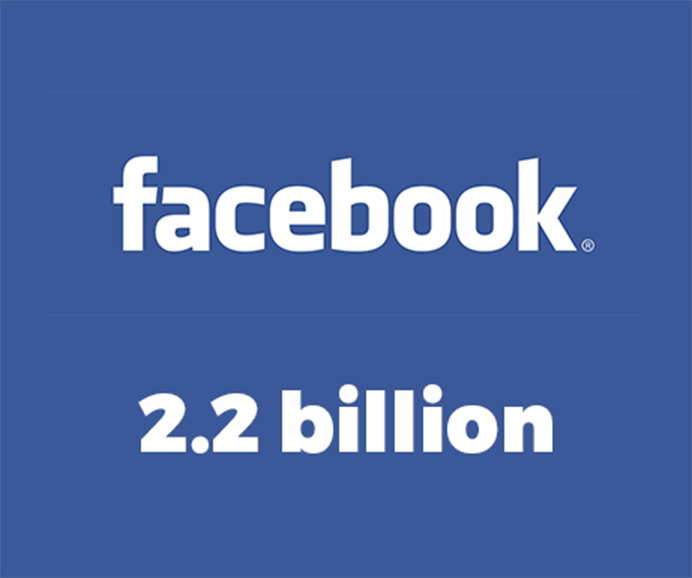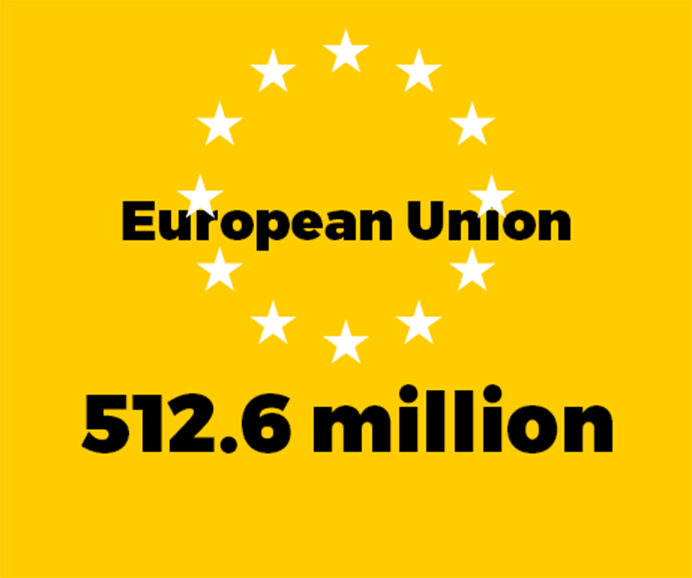Silicon Valley is breaking the future.
Pivot for Humanity has the solution: professionalization.
But we need your help.
Join us:
I am
Please select an option
- A former or current tech worker
- A former or current manager at a tech giant
- A student
- An academic
- A tech consumer
- None of the above, but want to help.
Social Technology Is A Miracle.
But the way our tech giants — Facebook, Amazon, Google, Apple, YouTube, Twitter and others — have wielded their awesome responsibility is not.
Making money off of misinformation campaigns and bigotry. Overseeing historically damaging data and privacy leaks in an age of surveillance capitalism. Denying and even encouraging negative mental health impacts on their users — which is to say, all of us.
If what’s broken in the tech industry isn’t fixed, the original dream of the internet — a playing field-leveling, democracy-promoting, free and open space for human enrichment — risks being lost forever.
For more examples of how bad things have gotten in Silicon Valley, click here.
We’re Focused on the Root Cause
We’re focused on the root cause: as the social tech giants’ began to wield unprecedented power and influence, they never adopted universal ethics, norms or values. But we have the solution to that: professionalization.
In social tech, there are simply no guiding principles, no ethical standards, no industry-wide values. For many years, “move fast and break things” was the norm. Now, while the industry is plagued with issues, the focus seems to be: scale and make as much money as possible. It’s time to do what doctors and engineers did over the course of the 18th, 19th and 20th centuries. The industry needs its’ own ‘first, do no harm.”
Want to learn more about professionalization? Click here.
It’s Time To Grow Up.
What does it mean for Silicon Valley to grow up? What does it mean for social tech to become a profession? What does it mean to swap out the image of the hoodie-clad young man launching a start-up in a garage for something different?
It means unifying the industry under a shared vision, with the major players signed onto a shared set of public principles. Principles like reorienting the social tech industry away from end users as products; moving fast and fixing things before they get out of hand; and anticipating the worst-case scenarios for societal costs before releasing new tech.
And it means accountability, both internally (through certification) and externally (through democratic oversight and consumer pressure), to ensure those principles translate into action.
Want to learn more about how professionalization happened in medicine? Click here.
We Have A Strategy.
We have a strategy to make professionalization happen.
It starts with bringing together tech dissidents from inside the industry, and connecting them with academics, activists and consumers working to change Silicon Valley from the outside. It then involves building public support for basic industry reforms — and laying a challenge for the largest social tech companies to make it clear whether they’ll aid reform, or resist it.
We’re currently building our membership, with a focus on bringing insiders who are sympathetic to the outsiders; and spreading our message throughout the industry.
A problem this big involves everyone. And whether you’re the CEO of Apple or just someone who wants to text in peace, we could use your help.
Want to learn more about our strategy? We’ve got you covered.
Haven't joined us yet? Please do so.
Thank you for everything you do.
X



What symptoms are we seeing of something seriously wrong in silicon valley?



At present, YouTube has an estimated 1.8 Billion unique visitors in a given month — just over three times the population of the European Union. Facebook sees approximately 2.2 Billion unique visitors in the same timespan — more than any single religion on Earth can count adherents. And, of course, 2/3rds of Earth’s total population use a mobile phone, most of which are connected to the internet.
But just because the industry has saturated our lives doesn’t mean they’re handling that power responsibly or humanely.
Expert analysts have concluded that the slaughter of Rohingya Muslims in Myanmar is primarily fueled by misinformation that the Facebook algorithm has favored or, at least, not punished — despite ceaseless protest by the Myanmarese government. In the United States, the Cambridge Analytica scandal indicated just how easy it is to poach our information and use it to set us against each other. Meanwhile, history books will be forced to explain how the expedited growth of the fascist Far Right worldwide owes much to something as prosaic as the Autoplay feature on YouTube.
Disinformation. Data and privacy leaks. Plunging self-esteem and self-harm rates among teenagers. Cyberbullying. Election hacking. The optimized dissemination of fake news. Social isolation and atomization. Device addiction. Even the aiding of genocide.
All of our pervasive social tensions existed, and were exploitable, long before the social internet. However, there wasn’t until very recently a global collection of multinational corporations whose short-term-profit-oriented business model was worsening those tensions, making people agitated and willing to keep clicking and sharing their agitation at all costs.
It wasn’t supposed to be this way. The dream of the internet wasn’t to fuel hatred, or sell our information to malicious advertisers, or leak our data. It was to connect. To inform. To liberate. A lot of our problems had benign origins: Pop-up ads were invented to fund new voices that might otherwise get drowned out. The algorithms that now embed institutional racism in courthouses were originally commissioned to curb bias. The platforms that now enable armies of division and hate were designed to help people keep tabs on their friends and family.
We want to go back to that dream.
X
Professionalization 101
When the practitioners within an industry stop treating it like a trade, and start treating it like a profession, industrial sociologists call it “professionalization.” It’s a simple word, for a very complicated, big, messy, revolutionary process whereby a trade slowly becomes a profession, with enforceable, uniform professional standards and a culture of accountability.
When professionalization has completed in a given trade (think medicine), there’s
A. a community of professionals (think the American Medical Association),
B. formalized knowledge (think medical school),
C.
universal standards (“First, do no harm”), and
D.
standards are enforceable (think laws against malpractice, or all the ways someone could lose their license).
Professions emerge when a group of concerned, determined, committed, respected and connected individuals organize to work in a morally permissible way, or to work to support a moral ideal. For example, doctors organize to cure the sick safely, librarians organize to promote access to information, engineers organize to ensure safety.
There are countless sociologists and historians who have traced professionalization as a process, whether it be in medicine, engineering, law, or a myriad of other lines of work. Some of the writers who’ve particularly influenced our starting point here include Andrew Abbott; Ernest Greenwood; and Laurence Bherer. But you don’t have to crack open a dense sociological text to know: the tech industry still acts like gung-ho amateurs, when our very society is increasingly hanging in the balance of the command line. It’s time for that to change.
X
An Extremely Brief History of the Professionalization of Medicine
One could write a book — and many have — tracing the history of how medicine went from a trade to a profession. The process took centuries, though it sped up steadily in the 20th century. Here are some of the highlights:
Timeline
